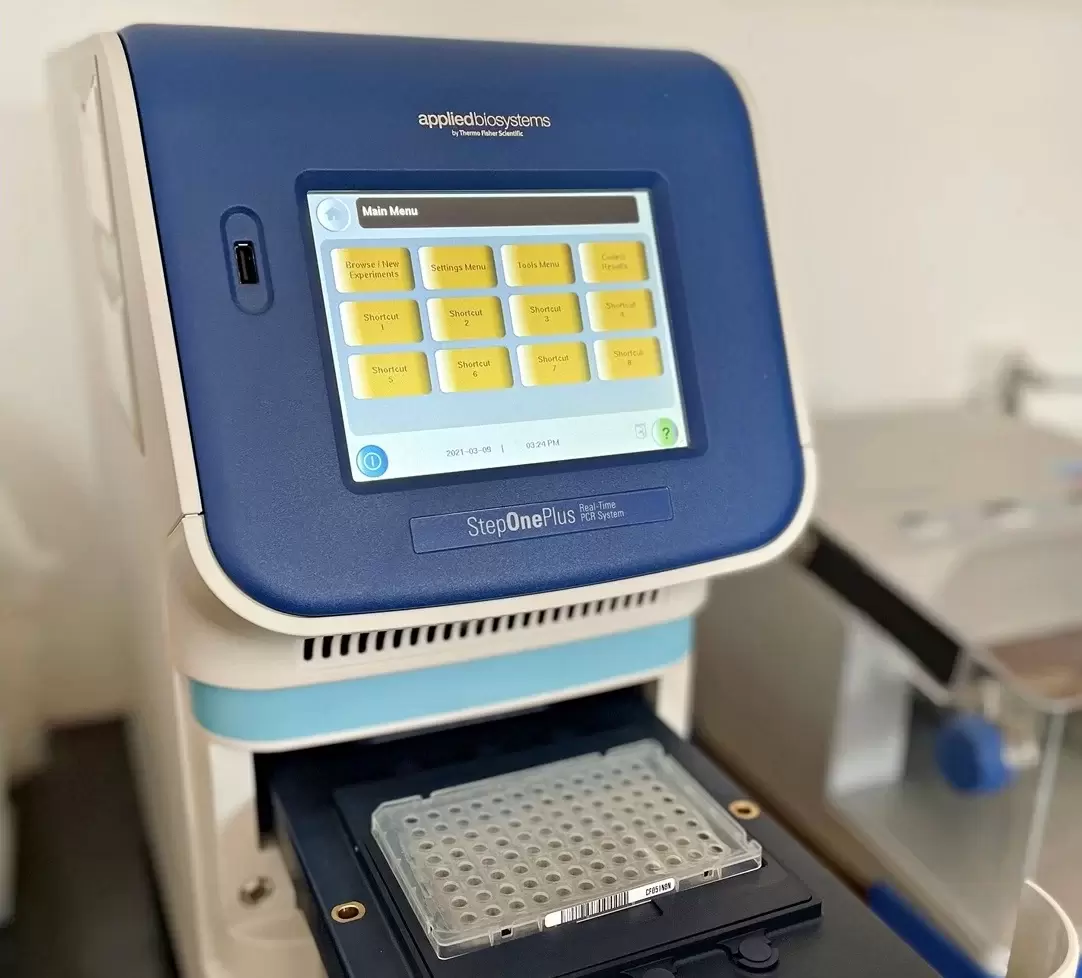Laboratory for molecular genetics and physiology
Research is aimed towards improving maize and soybean breeding programs, with the main goal of resolving the on-going problems imposed by climate changes. Temperature increase and rainfall decrease are intensifying negative consequences of abiotic and biotic stress, which jeopardise grain yield and kernel quality.
Contemporary methods of molecular genetics, together with biochemistry and physiology analyses, enable development of genotypes with improved stress tolerance and productivity under the unfavourable environment (climate-smart crops) as well as genotypes with high quality kernels, contributing to the strategy for food security.

Research
Accordingly, research in LMGF encompasses:
- Transcriptome analysis of maize at early growth stages under chilling stress, by using Next Generation Sequencing (NGS),
- Study of physiological and biochemical response of maize high protein quality inbred lines to cold stress tolerance in early growth stages,
- Determination of genetic diversity, population structure and heterotic groups of maize and soybean germplasm, by using SNP arrays,
- Marker Assisted Selection(MAS), for developing commercial maize inbred lines with high lysine and high β-carotene content, and soybean varieties without Kunitz trypsin inhibitor,
- Estimation of diversity and grouping models for maize and soybean germplasm, by using SSR-PCR,
- Implementation of molecular genetics methods in reducing acrylamide-forming potential of cereals,
- Nutritive characterization of maize kernels, by using HPLC,
- Molecular-genetic identification of fungal pathogenes of cereal crops, by using PCR with species specific markers/primers and by sequencing target genes

